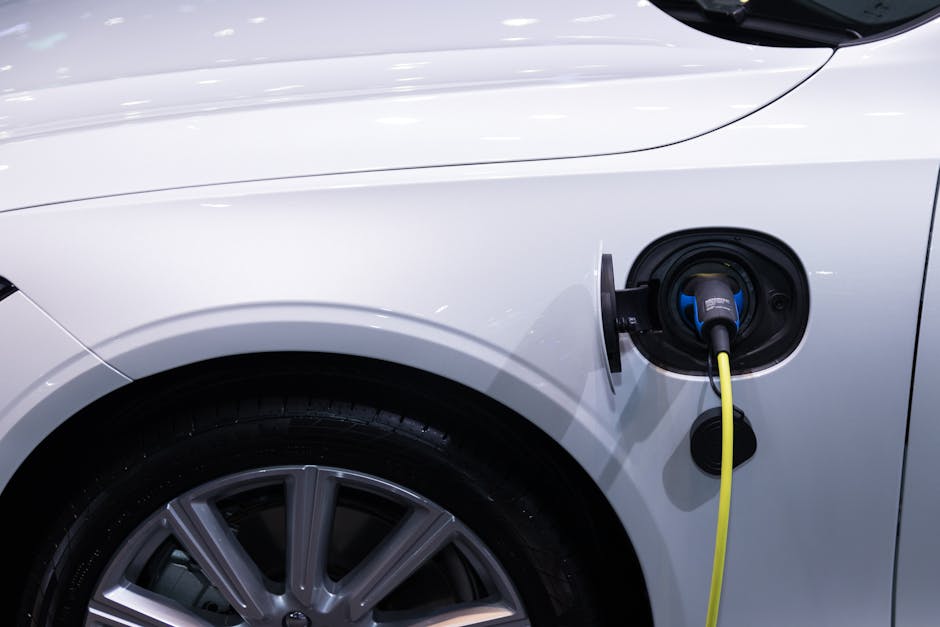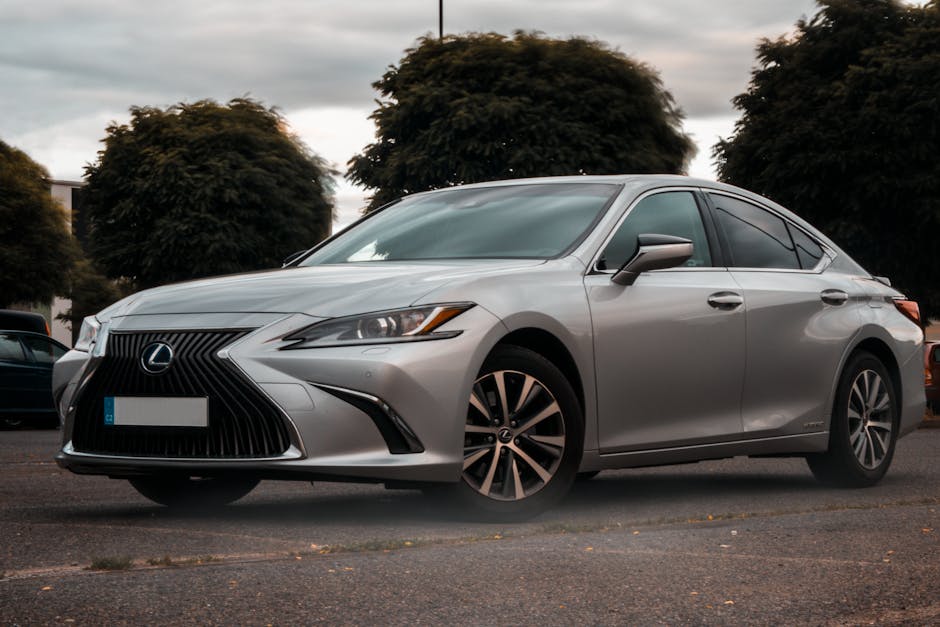Hybrid and Electric Cars: Specialized Car Buying Guides You Need to Read
The growing fascination with electric cars signifies a significant change in what consumers prefer influenced by environmental worries and technological advancements. This shift isn't a passing trend but a movement towards leading more sustainable lives and lessening our carbon footprint. With a variety of models and brands entering the market buyers may find it challenging to make informed choices. It's crucial to grasp the distinctions between electric vehicles understand their advantages and have access to specialized car buying resources to navigate this changing landscape.
Understanding Hybrid and Electric Vehicles
Hybrid vehicles blend an internal combustion engine with an electric motor resulting in improved fuel efficiency and reduced emissions. They often utilize braking to recharge the battery boosting overall energy efficiency. Popular models include the Toyota Prius and Honda Insight.
Electric vehicles (EVs) on the hand rely solely on electricity stored in batteries. They emit zero tailpipe emissions making them an eco friendly option. Known EVs include the Tesla Model 3 and Nissan Leaf. The main difference lies in their power sources; hybrids use both gasoline and electricity while EVs rely exclusively on power.
Consumers need to weigh factors, like range charging infrastructure availability and maintenance expenses when deciding between electric vehicles.
Hybrid vehicles typically offer options for refueling while electric vehicles rely on access to charging stations. However improvements in battery technology are constantly increasing the driving range of vehicles making them more convenient for everyday use.
Advantages of Having Hybrid and Electric Cars
One major advantage of hybrid and electric cars is their positive impact on the environment. By reducing the use of fuels these vehicles help decrease greenhouse gas emissions and air pollution leading to cleaner cities and a healthier planet.
Financial incentives also play a role in encouraging the adoption of these vehicles. Many governments provide tax credits, rebates and other benefits to motivate consumers to buy electric cars. For instance in the United States buyers can receive tax credits of up to $7,500 for qualifying electric vehicles (source; energy.gov).
Moreover hybrid and electric cars often come with operating costs compared to traditional gasoline powered vehicles. Electric vehicle owners save on fuel expenses as electricity is generally cheaper than gasoline. Maintenance costs are also reduced due to moving parts, in electric motors as opposed to internal combustion engines.
Obstacles and Factors to Consider
Despite the advantages there are challenges linked with owning hybrid and electric cars. One significant issue is the availability of charging infrastructure.


In areas there are usually plenty of charging stations available but rural areas may still lack adequate facilities. Hybrid and electric cars typically come with an initial price tag compared to traditional vehicles. While financial incentives can help offset this cost disparity some buyers may still find the upfront investment to be a challenge. Considering battery life and replacement costs is also crucial. Over time batteries may lose efficiency and range requiring replacements. However advancements in technology are continuously improving battery longevity and reducing expenses.
Dedicated Car Buying Guides
Dedicated car buying guides play a role in assisting consumers interested in hybrid or electric vehicles. These guides offer insights into different models, including specifications, performance data, pricing details and user feedback. Websites like Edmunds and Kelley Blue Book serve as resources for thorough car evaluations and comparisons.
- Comparing models side by side: helps buyers grasp the distinctions in features, performance capabilities and pricing structures.
- Access to information on tax credits, rebates and other financial incentives: enables buyers to make informed decisions that align with their budgetary considerations.
- Real world feedback: from existing owners offers perspectives on overall performance levels and satisfaction ratings.
- Expert advice: can help buyers find models that best fit their needs based on how they plan to use the vehicle and their personal preferences.
| Feature | Hybrid Cars | Electric Cars |
|---|---|---|
| Power Source | Gasoline plus an electric motor | Electric motor only |
| Fuel Efficiency | High (combining both sources) | high (electricity only) |
| Emissions | Lower than traditional gasoline cars | No emissions from the tailpipe |
| Range | Larger due to gasoline engine | Limited by battery capacity |
| Charging Infrastructure | Not required (uses gas stations) | Required (charging stations needed) |
| Table outlining the differences between Hybrid and Electric Cars. | ||
Specialized guides for car buyers make it easier for both experienced shoppers to understand complex information. By using these resources consumers can confidently choose vehicles that align with their concerns and lifestyle preferences.
The increasing interest in electric cars reflects a notable shift towards sustainability in the auto industry. Hybrids provide versatility through power sources while electric vehicles stand out for their eco friendliness with zero emissions.
These specialized guides are crucial in offering insights, into various car models, financial incentives, user feedback and expert tips.
By making use of these resources and taking into account individual preferences like desired mileage range or the availability of charging stations consumers can play a part in promoting eco friendly lifestyles through their selection of vehicles.